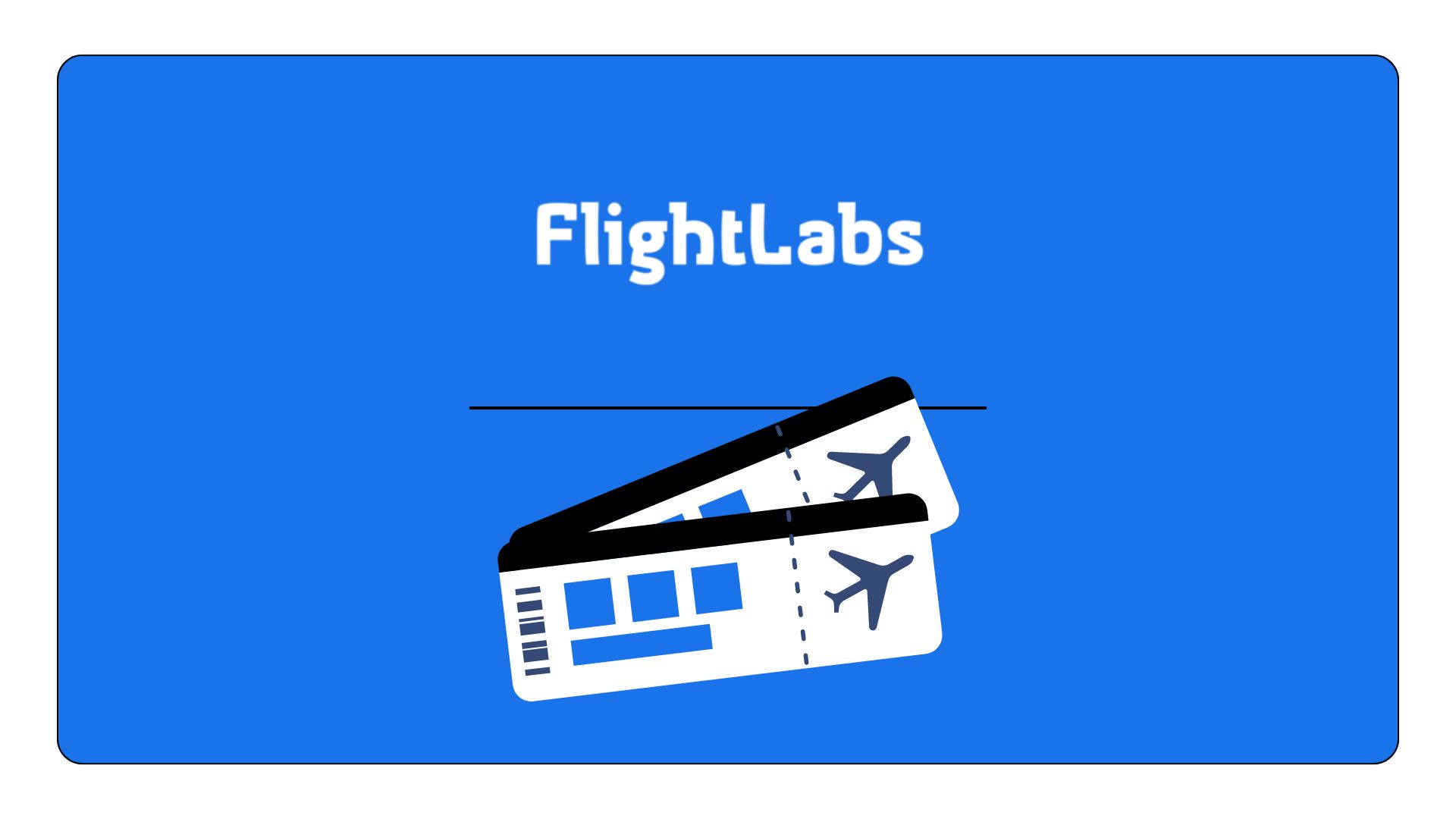Airplanes API For Real Time Aircraft Data

The need for precise, up-to-date data is growing as the aviation sector experiences a digital revolution. For airlines, airports, and travel agencies, having accurate flight information is now crucial for increasing operational efficiency and improving passenger experiences. This is where an Airplanes API comes into play, acting as the foundation for aviation applications that need access to critical data like real-time aircraft tracking. Businesses in the aviation industry can automate and optimize a number of tasks, from resource allocation to flight status updates, by incorporating FlightLabs API solutions into their systems.
Why This Airplanes API is Essential for Aviation Apps
For aviation businesses, operational efficiency is the cornerstone of success. By automating data retrieval through an Airplanes API, airlines, airports, and travel platforms can significantly streamline their processes. With real-time access to flight schedules, statuses, and routes, internal teams can improve flight management, optimize route planning, and allocate resources more effectively.
Flight disruptions, whether caused by weather conditions or technical issues, can lead to operational challenges. However, with real-time tracking data, airlines and airports can make informed decisions and coordinate actions faster. This is where FlightLabs Airplanes API stands out, offering the reliable data needed to ensure smooth operations across the board.
One of the most significant advantages of integrating an API into aviation apps is the ability to enhance the passenger experience. Modern travelers expect up-to-the-minute information, and by using real-time flight data, apps can deliver live updates on flight statuses, delays, and cancellations. Whether passengers are waiting at the airport or monitoring their flight from home, this data keeps them informed every step of the way.
Use Cases of Airplanes API Integration with FlightLabs
Integrating the FlightLabs Airplanes API can open up new opportunities for real-time flight tracking for travel platforms. The API enables these platforms—which range from flight monitoring apps to booking engines—to provide their users with thorough, real-time flight information. In particular, travel apps can improve their services by providing users with alerts, real-time flight status updates, and suggestions for other flights in the event of cancellations.
Airlines can also use the API to give their customers faster, more accurate information. Airlines are able to provide real-time flight schedules, check-in updates, and flight status notifications by incorporating the API into their websites and mobile apps. By enabling passengers to readily obtain the information they require without having to get in touch with the airline directly, this not only enhances the user experience but also lessens the workload for customer care representatives.
Real-time flight tracking is critical to the efficient running of airports. Accurate flight information is essential for managing ground crew and updating display boards, among other tasks. By incorporating this API, airports can guarantee that the most recent flight information appears on their display systems, reducing confusion and improving traveler experience.
Conclusion
As the aviation industry continues to rely on real-time data for improving operations and enhancing passenger experiences, these APIs will remain essential for powering aviation apps. By offering accurate, reliable, and customizable data, providers like FlightLabs are leading the charge in ensuring that aviation businesses can meet the evolving needs of their customers. Finally, it offers affordable pricing plans that cater to businesses of all sizes. Whether you’re a small travel startup or a large airline, the FlightLabs Airplanes API offers competitive pricing that provides excellent value for money.

